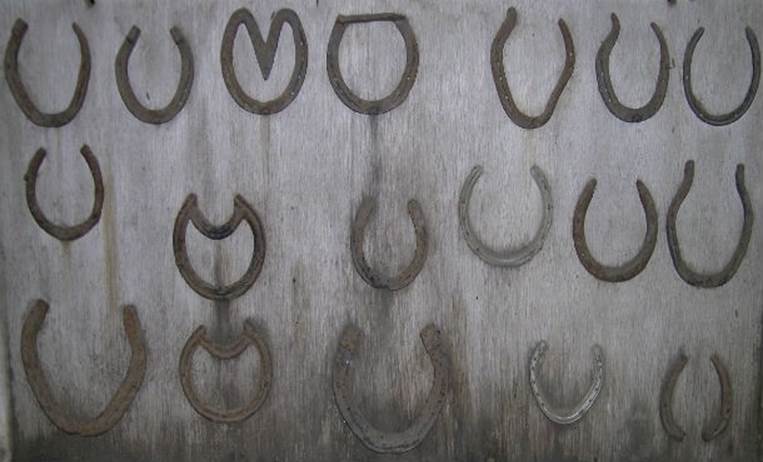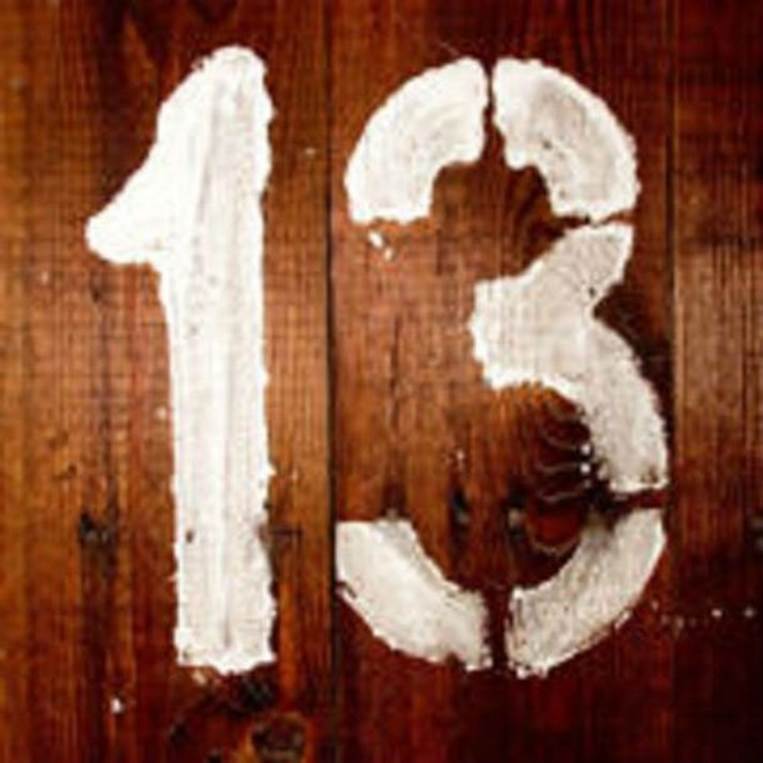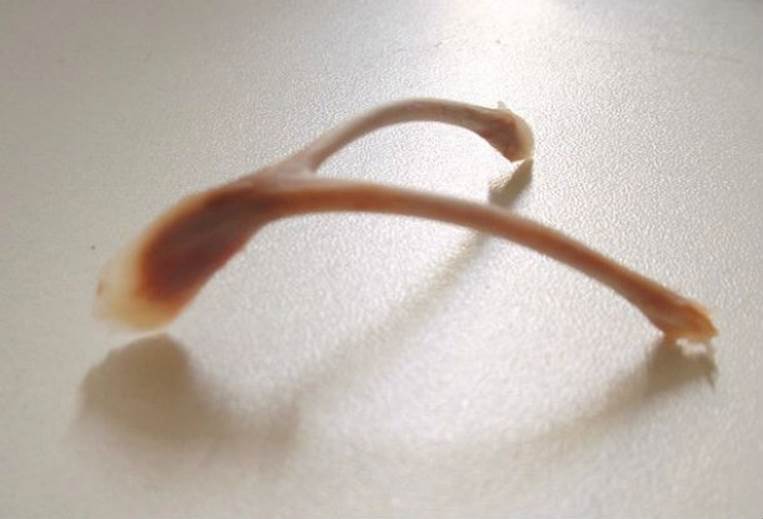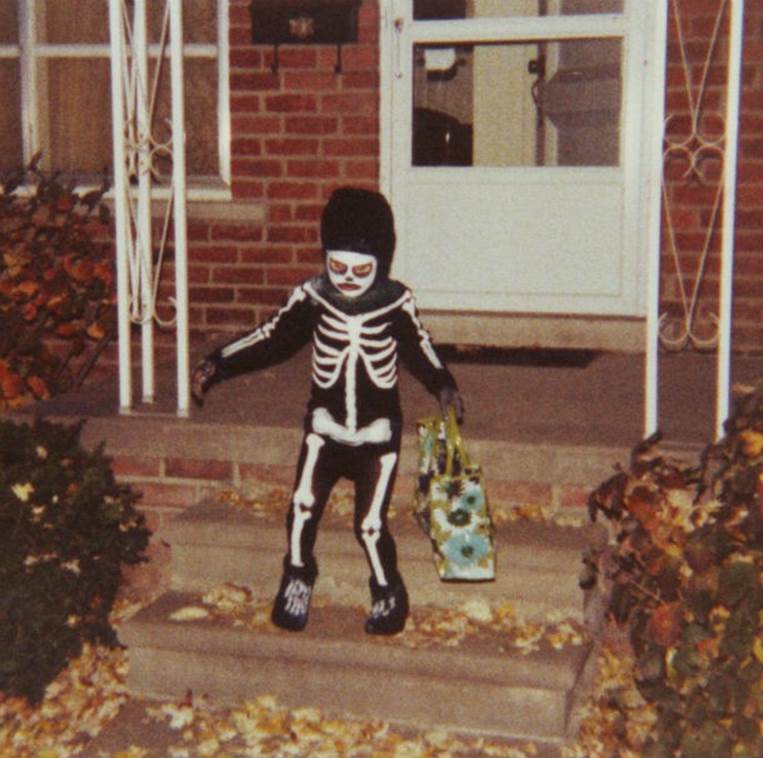SURPRISING ORIGINS OF SUPERSTITIONS
Added on: 17th Nov 2015
SPILLING SALT

Spilling salt has been considered unlucky for thousands of years.
Around 3,500 B.C., the ancient Sumerians first took to nullifying the
bad luck of spilled salt by throwing a pinch of it over their left shoulders.
This ritual spread to the Egyptians, the Assyrians and later, the Greeks.
HANG A HORSESHOE ON YOUR DOOR
OPEN-END-UP FOR GOOD LUCK

The belief in the horse shoe’s magical powers can be traced back to the
Greeks, who thought the element iron had the ability to ward off evil.
Not only were horseshoes wrought of iron, they also took the shape of
the crescent moon. For the Greeks, the crescent moon was a
symbol of fertility and good fortune.
FOUR ELEVEN FORTY FOUR

The roots of this popular music superstition can be traced to the
illegal lottery known as “policy” in 19th-century America. Numbers
were drawn on a wheel of fortune, ranging from 1 to 78. A three-number
entry was known as a “gig” and a bet on 4, 11, 44 was popular by the
time of the Civil War. The stereotypical player who picked this gig was
usually a poor African-American male, which explains why the use of
the term «4-11-44» appears in many later blues and jazz recordings.
KNOCKING ON WOOD

Usually, when we speak of our own good fortune, we follow up with a
quick knock on a piece of wood to keep our luck from going bad.
But do you know where this superstition comes from? Many pagan groups
and other cultures worshiped or mythologized trees. Some people
used trees as oracles, some incorporated them into worship rituals and
some, like the ancient Celts, regarded them as the homes of
certain spirits and gods.
THE NUMBER 13

Fear of the number 13, has its origins in Norse mythology. In a famous
tale, 12 gods were invited to dine at Valhalla, the city of the gods.
Loki, the god of strife and evil, crashed the party, raising the number of
attendees to 13. The drama that followed between the attendants
made number 13 a cursed number.
WISHING WELL

A wishing well is a term from European folklore (Germanic and Celtic tribes)
to describe wells where it was thought that any spoken wish would be granted.
The idea that a wish would be granted came from the idea that water housed
deities or had been placed there as a gift from the gods, since water was a
source of life and often a scarce commodity.
BAD LUCK TO WALK UNDER A LEANING LADDER

This superstition originated 5,000 years ago in ancient Egypt. A ladder
leaning against a wall forms a triangle, and Egyptians regarded this shape
as sacred (as exhibited, for example, by their pyramids). To them, triangles
represented the trinity of the gods, and to pass through a triangle
was to desecrate them.
BREAKING A TURKEY WISHBONE

The Etruscans were the earliest civilization to live on the Italian peninsula,
settling in between 900 and 800 BC and they were also the first to practice a
form of divination involving a hen pecking at grains of corn scattered
about in a circle divided into sections with letters. When the fowl were
killed, the bird’s collarbone was laid in the sun to dry. An Etruscan still
wishing to benefit from the oracle’s powers had only to pick up the bone
and stroke it (not break it) and make a wish; hence the name “wishbone.”
TRICK OR TREAT ON HALLOWEEN

This tradition can be traced back 2,000 years (and quite possibly much
longer) to the Celtic belief that the spirits of the dead still remained present
on our plane of existence, and required food and drink to be placated.
Failing to leave out an offering was sure to invite the disgruntled spirits
to cause mischief and ill fortune in retaliation.

Comment on this